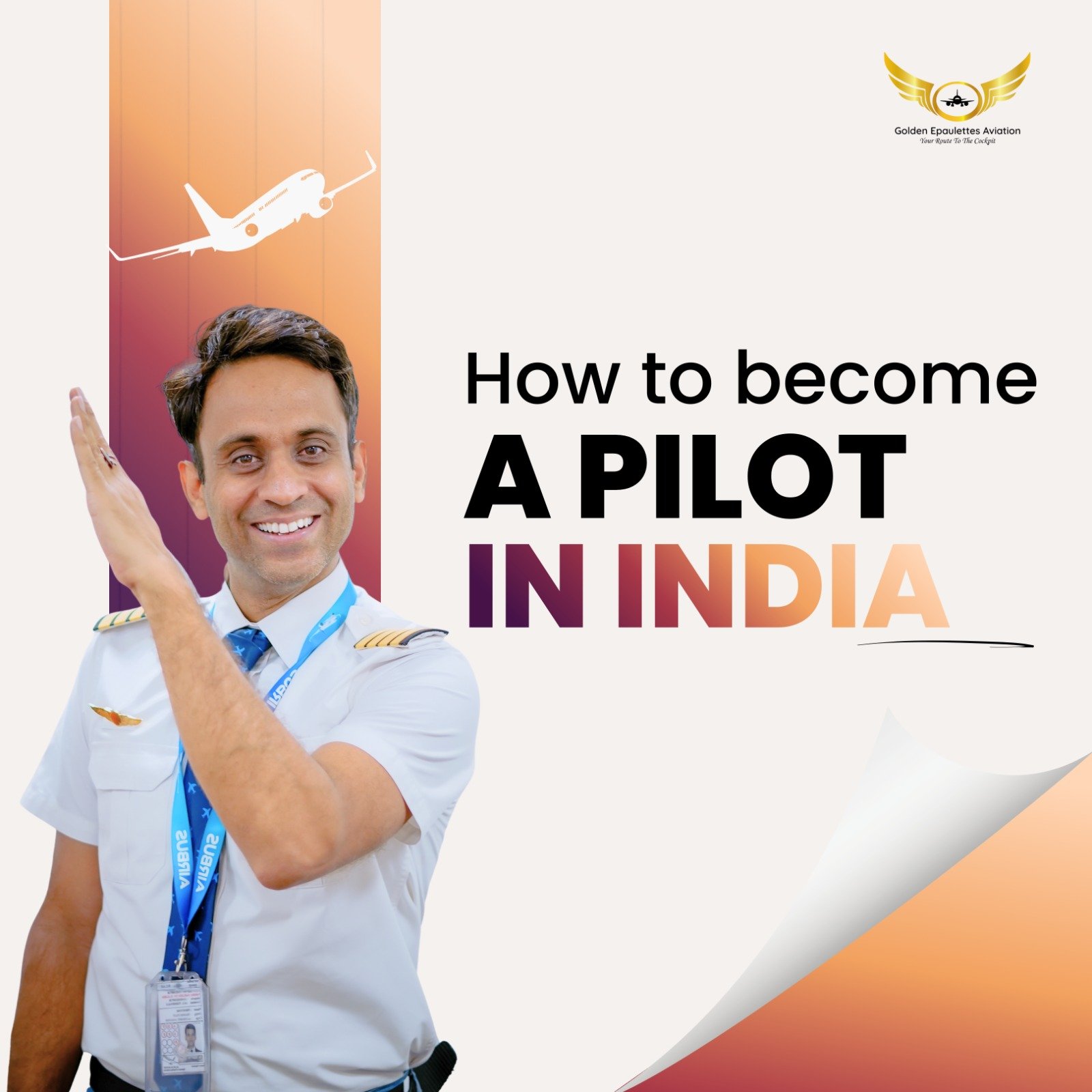Aircraft Systems Overview - Key Components
Content will be added soon
 Menu
Menu
Pilot Programs
Aircraft Systems
Capt. Deval Soni
Author

Thank you! Our team will contact you shortly on WhatsApp.